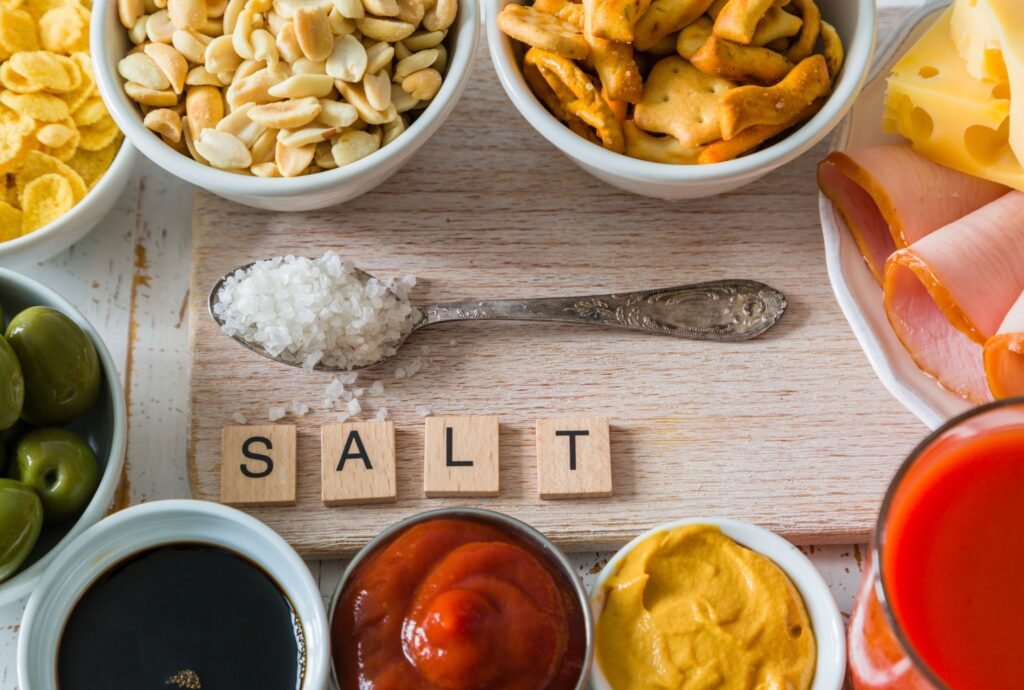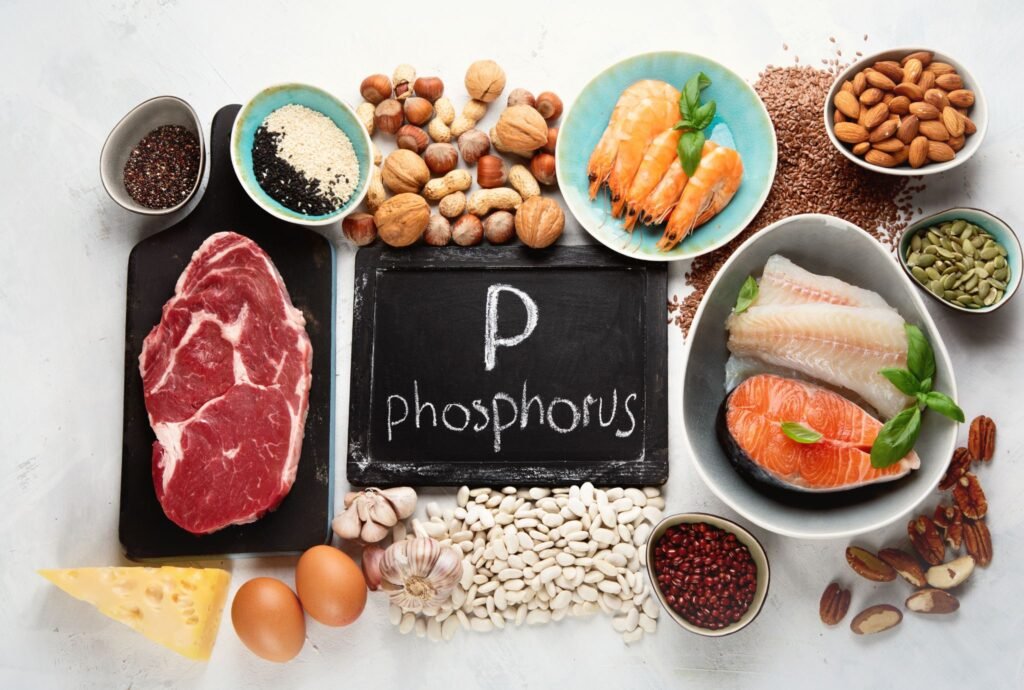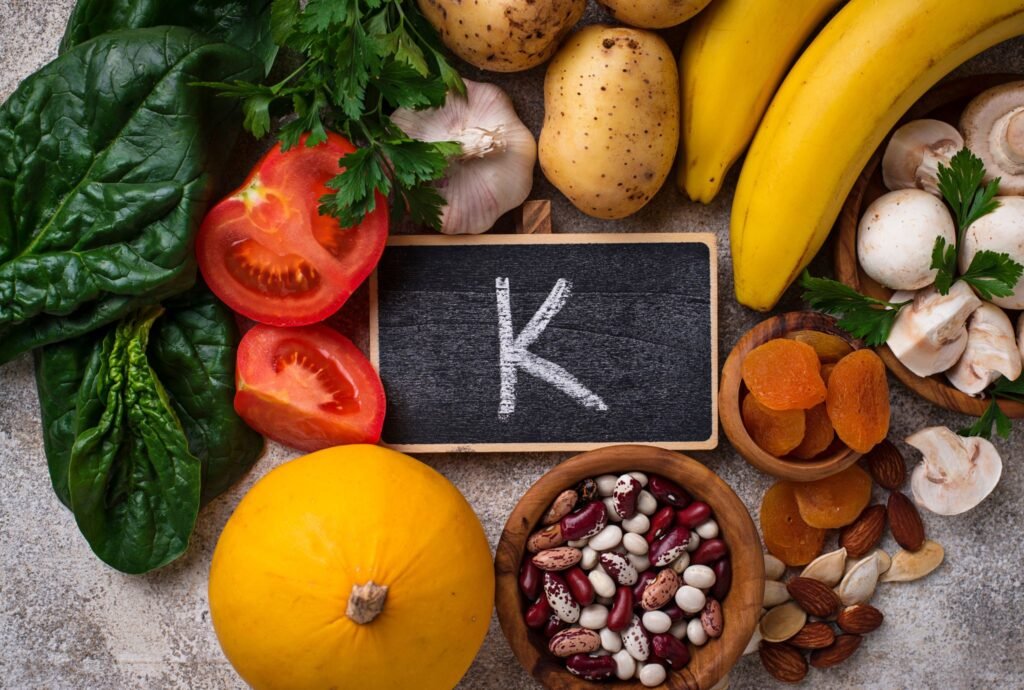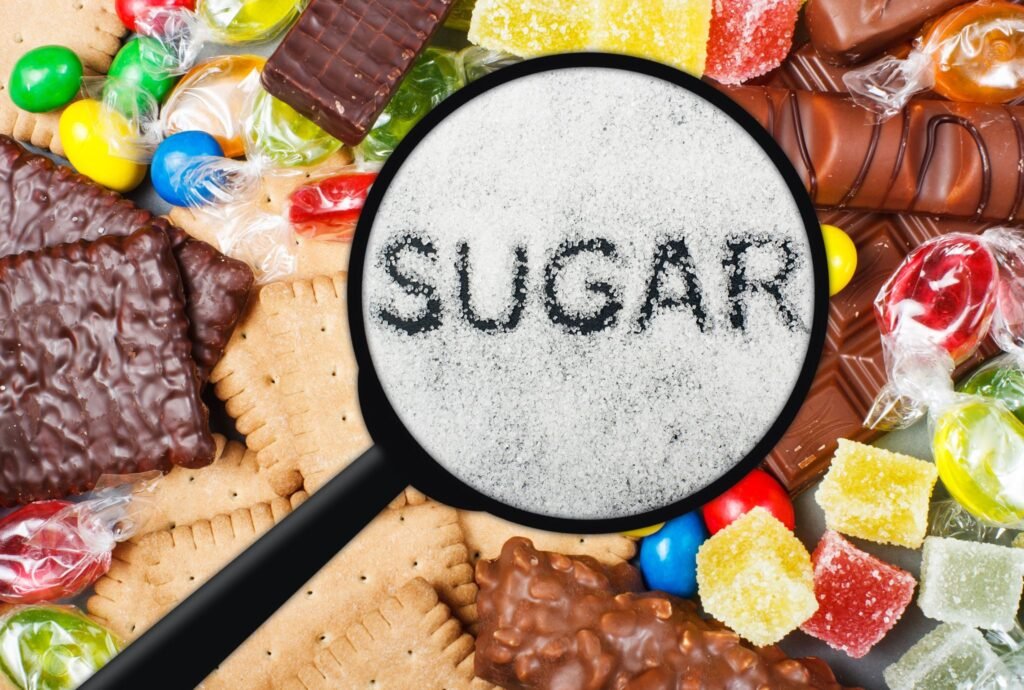Sodium

Excessive sodium intake can exacerbate kidney disease and diabetes by overburdening the kidneys. High sodium levels lead to elevated blood pressure, which is detrimental to overall health. Processed meats such as bacon, sausage, and jerky are major contributors to high sodium consumption due to their preservation and flavor-enhancing processes. Additionally, foods like instant noodles, frozen pizza, and fast food are often heavily salted and should be limited. While these foods may be tasty, cutting back on them is essential for managing kidney and diabetes health.
Phosphorus

Elevated phosphorus levels can increase the risk of heart disease and weaken bones, particularly in individuals with kidney disease. Dark-colored sodas, including colas like Coke, Pepsi, root beer, and Dr. Pepper, are common sources of phosphorus due to added preservatives. Certain legumes, such as beans and lentils, also contain significant amounts of phosphorus and should be consumed in moderation. Plant-based diets focusing on other legumes, whole grains, nuts, and seeds are often recommended to help slow the progression of chronic kidney disease.
Potassium

Maintaining healthy potassium levels is crucial for individuals with kidney disease to prevent complications like muscle weakness and heart irregularities. High-potassium foods such as bananas, avocados, apricots, kiwis, and oranges should be consumed with caution. Leafy greens like spinach, chard, and beet greens, as well as potatoes and sweet potatoes, are also potassium-rich and may need to be limited. However, methods like soaking or leaching can reduce potassium levels in certain foods, making them safer to eat.
Added Sugar

Added sugars are among the most harmful dietary elements for individuals with kidney disease and diabetes. Found in sugary drinks, baked goods, candies, and processed foods, sugar causes rapid spikes in blood glucose levels, worsening diabetes-related complications and accelerating kidney damage. Reducing sugar intake helps maintain stable blood sugar levels and protects kidney function. Always consult your doctor to determine the appropriate limits for sugar and sodium in your diet.
Alcohol

Excessive alcohol consumption can impair kidney function and complicate diabetes management. Alcohol may interact with medications, increasing the risk of low blood sugar episodes. Individuals with kidney disease and diabetes should drink alcohol only in moderation or avoid it altogether. Consult with healthcare professionals to determine if alcohol can safely be included in your diet plan.
Safe Foods to Eat
While there are dietary restrictions with kidney disease and diabetes, there are still many nutritious options available. Consider incorporating lean poultry, fish, berries, apples, vegetables like cauliflower and onions, and whole grain bread or pasta into your meals. Consulting healthcare professionals can help you develop a balanced, kidney-friendly meal plan tailored to your specific needs.



